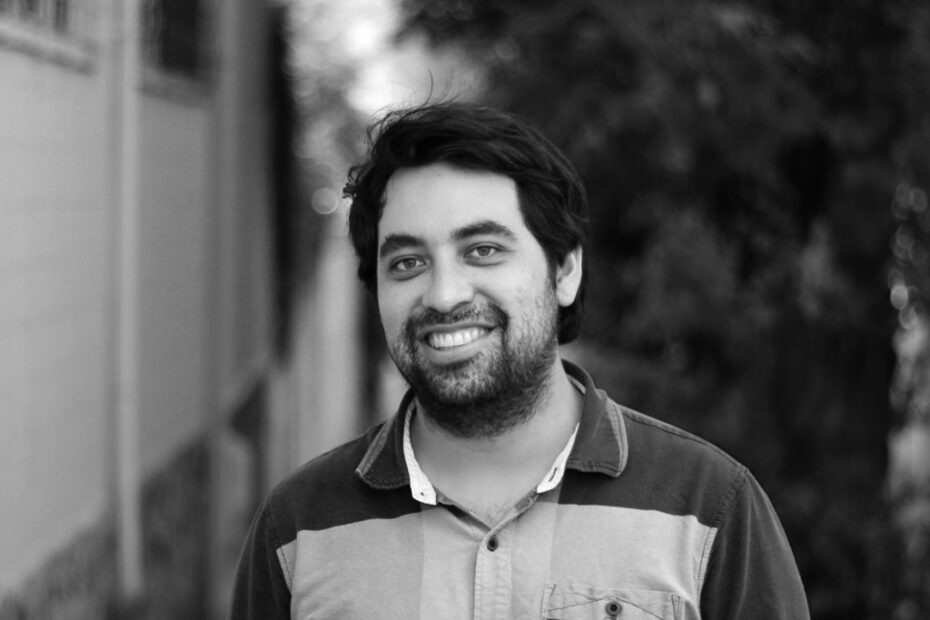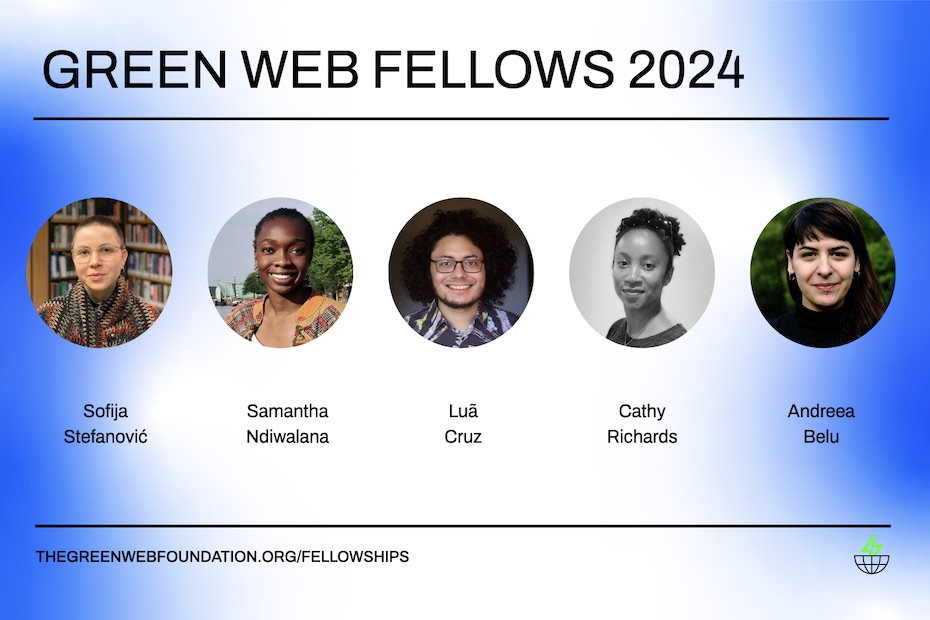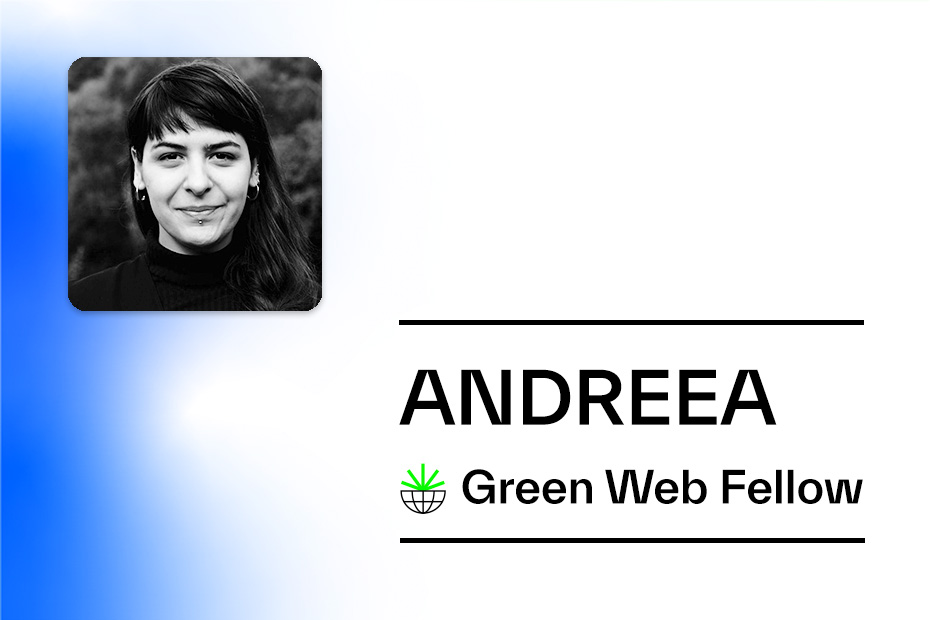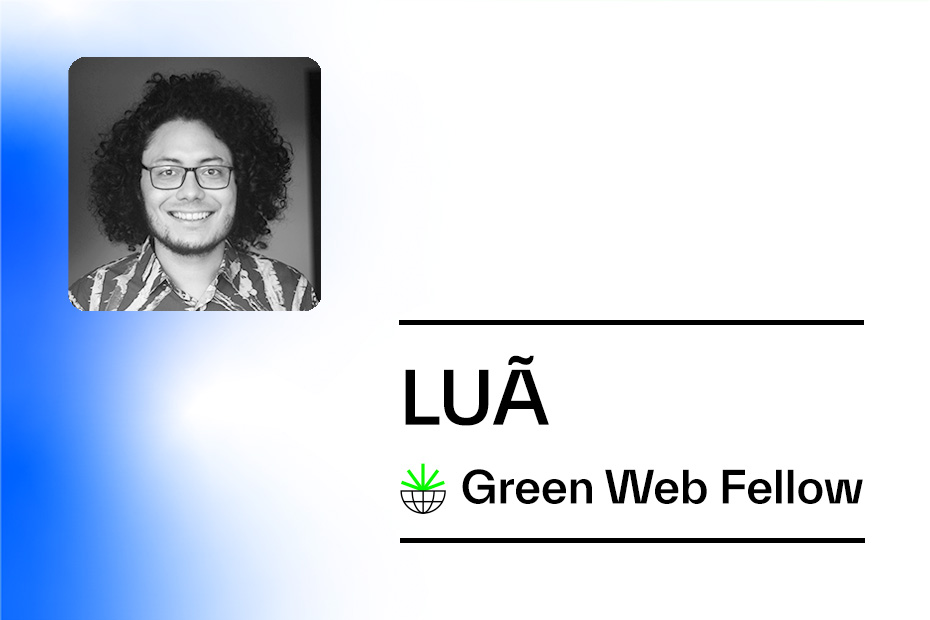In our last post, we introduced Hannah Smith, one of our 5 fellows making up the the open green web syllabus programme. In this post, we move from England to El Salvador and introduce Emilio and share an interview to help get to know him and why he’s on board too.
Meet Emilio
Emilio Velis is a Salvadoran for the open movement in social impact areas such as international development and sustainability, with experience in project documentation, open hardware and appropriate technology. He is currently Executive Director of the Appropedia Foundation, Chapter Leader of Creative Commons in El Salvador, and board member of the ISOC El Salvador Chapter. In addition, he is an adjunct lecturer of an Economics course on Innovation at ESEN and the Media and Technology for Development Proseminar for the Master of Arts in Sustainable International Development at Brandeis University.
Hi Emilio, a sustainable and just internet can mean a lot of things – what does sustainable and just internet mean to you?
As a technological tool, the Internet is an extension of human abilities. To understand its role in justice and sustainability, we must place it in the context of human life. A starting point is to consider how humans are affected when considering the intersection of the Internet, sustainability and social values, such as justice. The Internet is one of the spaces in which justice or injustice are expressed and cannot be driven by a technological perspective alone but by human experiences and needs.
The Internet can reflect human potential and values; this also means that human activities conducted over the Internet affect other humans. It also has a profound influence on the environment for our present and future. To me, a sustainable and just Internet will focus on protecting and empowering humans with awareness of our impact on the environment. These aspects are key to establish just rules for the Internet to enable just governance, human flourishing and a sustainable future.
In your opinion, what are the most important things internet professionals should do to advance climate justice?
There is a strong connection between justice and sustainability—we can consider sustainability as the assurance of a just future. Unfortunately, this is difficult to achieve due to the great uncertainty regarding the environmental impact of the Internet. As all our activities become increasingly dependent on the Internet, this uncertainty depends largely on the adoption of new tools and technologies, and how we collect, use and store information online.
The most important ways to reduce uncertainty are collecting and sharing knowledge and taking informed actions. Internet professionals must help the public envision the Internet not as a space detached from the world, but as a tool that carries human consequences depending on how we use it. This requires us to open up discussion spaces that include the voices of those most affected by climate change, and not only of those most benefited by our connectivity.
Finally, we can contribute by researching and sharing information about how we use the Internet, by informing technical communities about the best ways to develop alternative and appropriate tools, and by helping shape the future of the Internet to ensure a just future.
What role does openness play in your practice? What about peer learning and open education?
For the past ten years, I was immersed in the international development space and worked in volunteer management and the world of disaster response and relief. At the same time, I had the opportunity to work on open source projects with a social impact. These experiences helped me develop an interest in how open source communities can contribute to social and environmental issues.
I am currently the executive director of Appropedia Foundation, a U.S. nonprofit organization that shares knowledge for sustainability and international development through Appropedia, a wiki. We help university courses, researchers and nonprofits, just to mention some members of our community, who want to help others develop the practical skills needed to solve critical global issues affecting their cities or small rural communities.
Our goal is to be a large documentation space for the sustainability movement that contains all sorts of information about projects, appropriate technologies, and practical methods. We also want to humanize knowledge transfer by using the Internet. Global issues such as climate change and poverty must be addressed by creating spaces for a global community and creating open, appropriate, and adaptable solutions to the needs of many around the world. Only the Internet holds the power to make this a reality.
What do you look forward to learning about in this fellowship program? What unique perspectives or skills would you like to contribute?
I’m excited to be a part of this fellowship because it will allow me to be part of a community with similar interests: the Internet, environmental justice, technology and sustainability. I hope to build ideas as a team, listen and learn, and contribute to a project that will create an impact beyond the duration of this fellowship.
I have the impression that it isn’t too common to find persons from my combination of backgrounds in these communities: I have had the opportunity to do extensive fieldwork for the past decade, visiting rural communities locally and internationally. At the same time, I had the chance to work with international colleagues on subjects related to the open movement, digital technologies, and the Internet. I hope to share unique views that come from my background and region of the world. At the same time, I expect to hear and learn from new perspectives during this fellowship. In the end, I hope to gain experience about how to impact the Internet, and ultimately, many more communities.
Anything else you’d like to share? About your fellowship plans, about the intersection of the internet, climate justice and openness, or your work in general?
The current pandemic has changed how many people around the world choose and use tools on the Internet, from Zoom to online collaboration tools to learn, work, or simply interact online. This is, without a doubt, a timely opportunity; communities must decide themselves the role and impact of the Internet in the future. I’m happy that The Green Web Foundation is bringing together a cohort to discuss, learn and educate these global issues. I’m excited to be a part of this fellowship, and I look forward to collaborating with you!
Up next – introducing the our next of our fellows
We have five fellows in the green web programme, and we’ll be introducing our next one next week. After that, they’ll start blogging here as they chronicle their learning and experiment with creating various tools to explore this field.
How to stay up to date
You can subscribe to our web feed with a feed reader, you can join our newsletter, or if you prefer follow us on Twitter at @greenwebfound for more.



